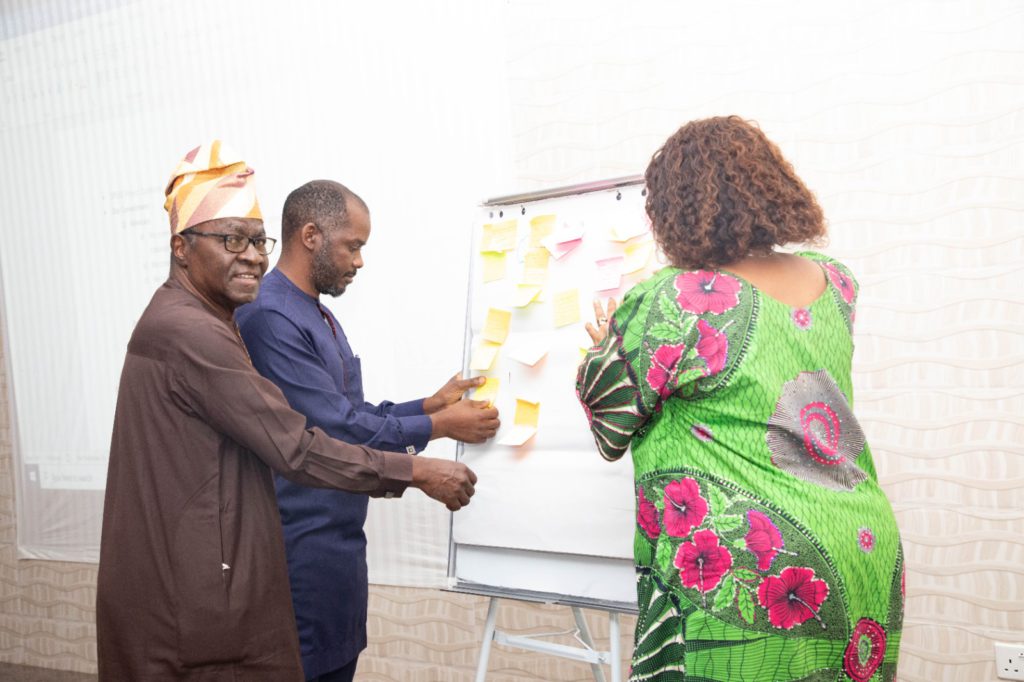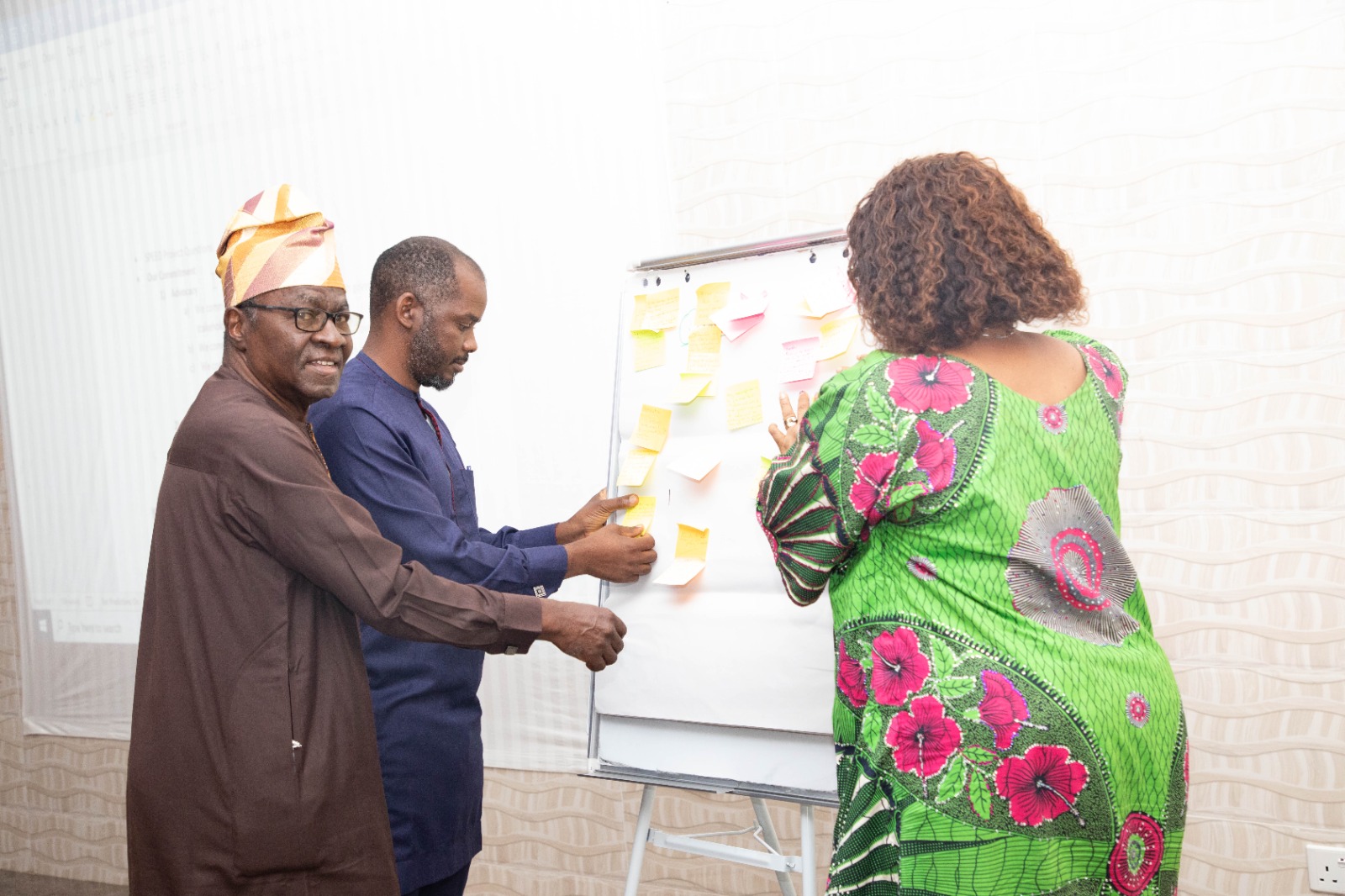According to UNICEF’s January 2022 data report, Nigeria ranks second among countries with high stillbirth rates globally at 42.9%, as of 2021. To address one of the root causes of this challenge, the Institute of Human Virology Nigeria (IHVN) has begun implementing the Improving Nigeria’s Capacity to Use Data on Registered Stillbirths for Decision-making & Planning (SPEED Project).
The project, which will run from September 2023 to December 2024, is aimed at making data on stillbirths more visible and accessible for evidence-based decision-making.
At a meeting with stakeholders to kick off the project, the SPEED Project Principal Investigator at the IHVN International Research Center of Excellence (IRCE), Mrs. Oghome Emembo, said that the project will collaborate with stakeholders to, “publish a stillbirths Data Analytics and Visualization Tool (DAVT) on the FMOH website, showing stillbirth trends in Nigeria, and other indicators useful for policymaking.”
She added that the project will advocate for policy, system, and process changes to reduce stillbirths in the country. “We will also develop a comprehensive data report, using findings from analysis of FMOH DHIS 2 (District Health Information Software) stillbirth data, and conduct a health economic assessment to examine the feasibility of proposed policy options based on findings,” she said.
IHVN Assistant Director, Dr. Evaesi Okpokoro said that IRCE can support data analysis for the project’s success. “We have a strong data unit that will support data analysis from this project to encourage evidence-based decision-making.”
Stakeholders from the government, health facilities, women and faith-based organizations, and the media at the meeting, committed to support project objectives.
Head of Department Newborn Branch, Family Health Child Division at the Federal Ministry of Health, Mr. Abdullahi Jatau, who represented the Director of Family Health, said that the project will greatly impact policy change.
The project is being implemented with funding from Bloomberg Philanthropies Data for Health & Vital Strategies Program



